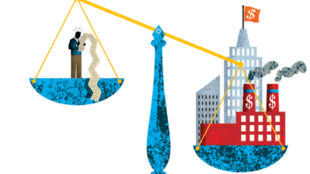We Need an Afghan Adjustment Act
(Source) This article originally appeared in the New York Daily News on Apr 9, 2022. Since the fall of the Afghan government in August 2021, the United States’ treatment of our Afghan allies has fallen short of anything humane. Now, while the world’s attention justifiably turns to the devastation in Ukraine, the recent more favorable treatment of Ukrainian refugees highlights how the United States has unacceptably failed our Afghan allies. During the U.S. military’s withdrawal from Afghanistan and the Taliban takeover, the U.S. military evacuated around 123,000 people from Afghanistan. The U.S. military brought 83,000 of these Afghans into the United States. Others were taken to third countries. These evacuated individuals were our allies in Afghanistan. They supported and joined the U.S. military’s work in the country and worked for American NGOs. They stood with us against the Taliban, putting their lives at risk. Before evacuating these allies, the U.S. vetted them and identified them as being at risk of harm from the Taliban. While those evacuated from Afghanistan were lucky to make it out of the country alive, this sudden departure from their homeland was nonetheless a traumatic experience. Many fled without getting to say goodbye to their loved [read more]










